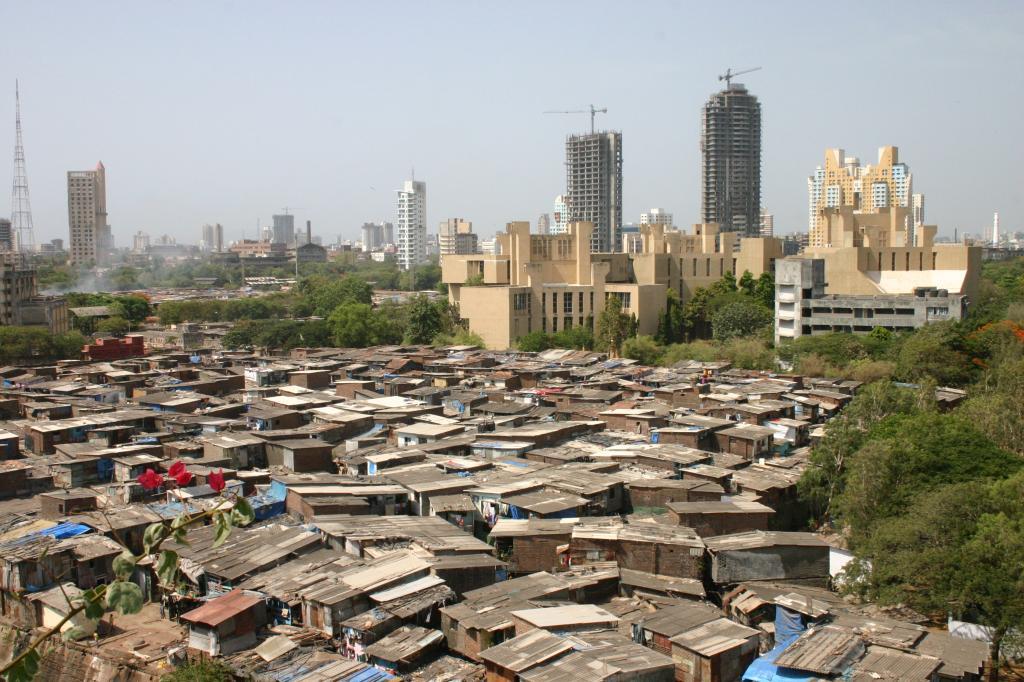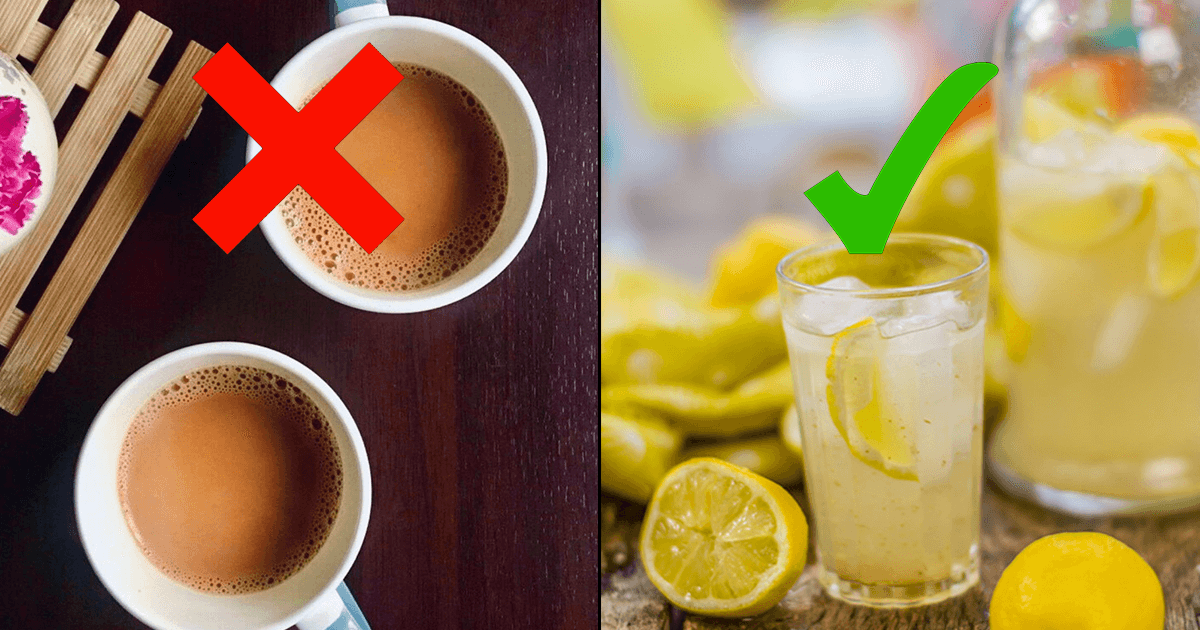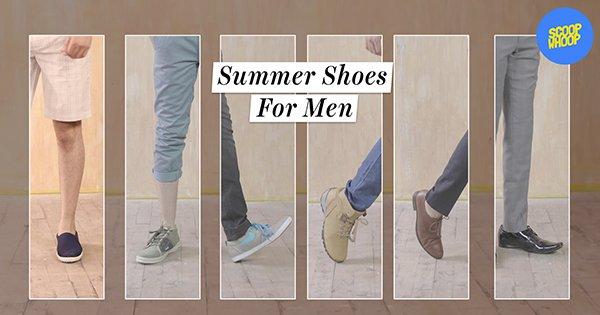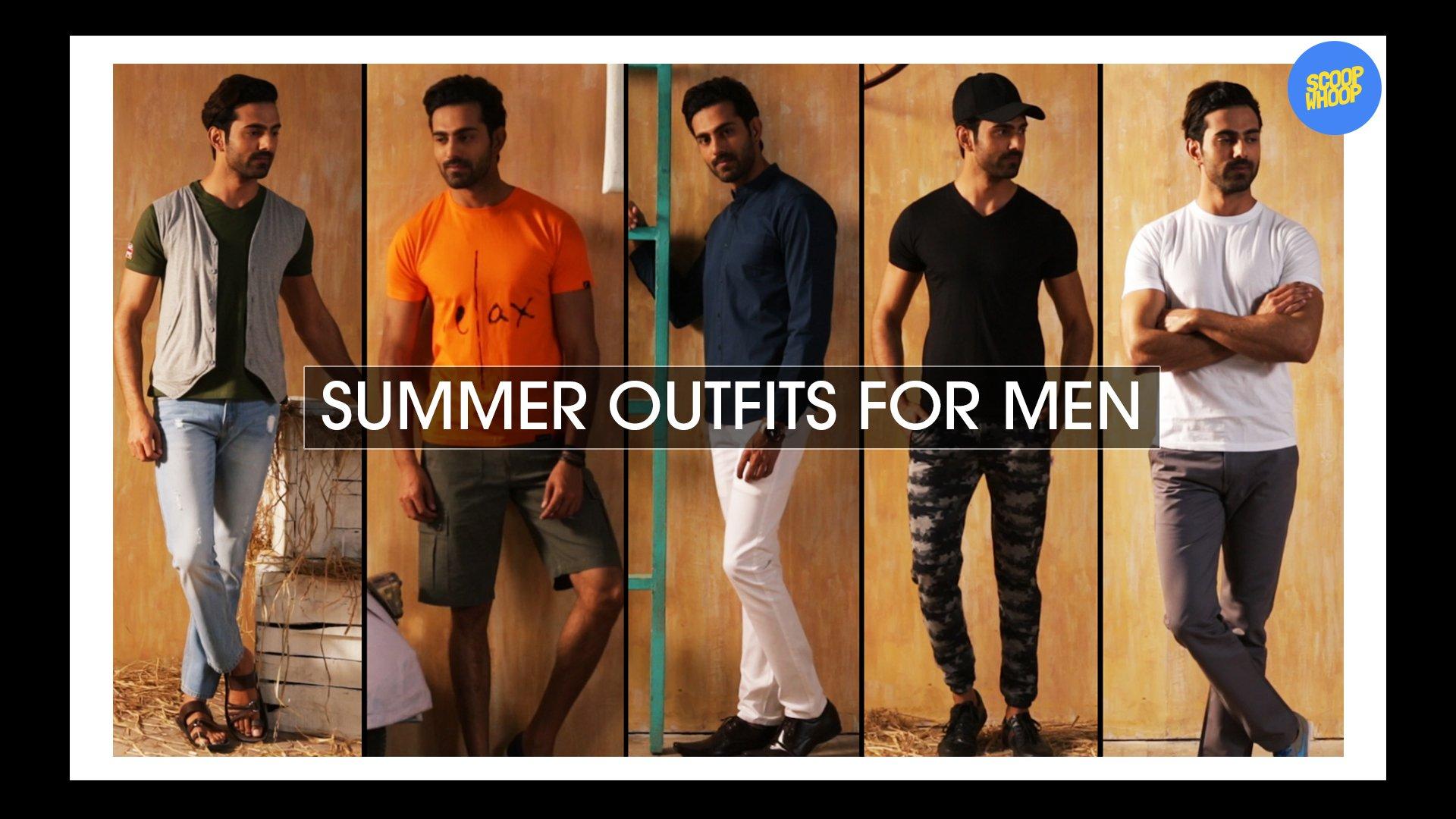At age eight, summers used to mean something happy. Summer has always been that – it has always been about simpler things. An ice-cream cola, for example, or simply standing in front of a cooler, would make up for core memories, and that was enough. Years later, now that heat is at a fifty-two degree Celsius, it’s not so much about the little things. It’s not so simple, either – to just not notice the heat. It has come down to ‘who’ can survive it. Each year, we notice a certain shift in the temperature, which becomes particularly difficult for the people who work and/or have to live out in the open.

The summer, now, is about bigger things. Infrastructure, literal amenities, and money, to be precise. It has less emotion attached to it, than it has material. This material is divided unequally, like how most things are divided in this world. Knowing is not the same as having to endure – just how sympathizing is not the same as being in one’s shoes. Those who have to work outside, in the open, can’t do much but actually deal with it. When for the rest of us, it’s a choice. For instance, drinking water or just access to water is not something everyone has. For others, it’s not even a factor that counts.

Choices are deeply underrated in our society, for we don’t realize the difference that they make. It’s hot and it’s unbearable for all of us. However, getting to stay inside is a luxury, and it comes with knowing that you CAN. Someone like a street-food vendor or a security person do not have the same choices. Their job requires them to be outside. This reminds me of this one example of how equity works. Two people of different heights are given the same staircase to reach apples on a tree. On the outside, the task looks equally difficult for both the people – which is not the truth. It’s accessible for one, and unfair for the other. There is no other way to define how it really is.

Then again, things are always unfair for some people. Access boils down to luxury; and wanting a fair divide is deemed idealistic. This specific scenario, however, is a reminder of how privilege works weirdly. The further you’re from the situation, the more you don’t understand what it means for other people. A person who understands climate change on paper, but observes it from their air conditioned room would never know what it does for an ice-cream vendor, just outside the office. I’ve seen people dismiss the impact of the heat, or simply have the privilege to not know what it’s doing to people.
These are facts, and facts are mostly words – not so much actions. So what is the solution? Climate is nature itself, and it’s one of those things that is supposed to be fair. Nature is always fair. The same cannot be said about us; because we like to corrupt things. It’s simple: when you notice divide, the bare minimum is to want to mend it. To just give. That is what it all comes down to. Or else there would be no sense of balance. There would be no reason to be good.

The truth is different, though. It’s not an ideal world, but a real one. A real world makes norms out of things that work for the more privileged. Where there is no balance, and hence, not a lot of hope. The norm is to ignore what you don’t face yourself. So when one strata struggles to survive, the other has it easy. Summer is no vacation for the underprivileged.

















